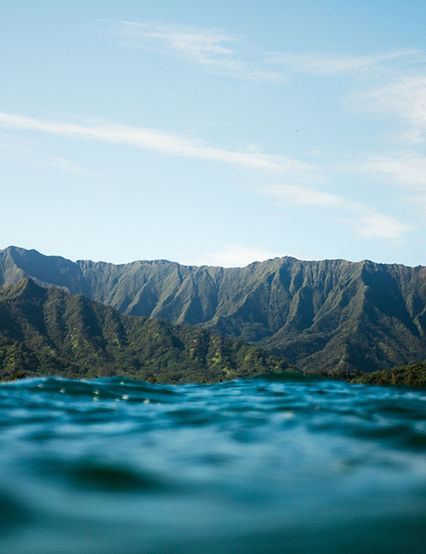top of page
PRESS RELEASES
Find the latest news and inspiration for your next story or pitch. From where to travel in 2024 to the newest hotel openings and guest offerings, we have you covered across the globe.
For more information contact us info@reyacommunications.
The Pinnacle Kigali New Team
Schlosshotel Spring & Summer 2026
Sonnenalp Hotel Exclusive Partnership
Schlosshotel New Family & wellbeing 25/26
Cashel Palace Lonely Planet
Pinnacle Open 2026
Cababe Tortin Europe's First High Altitud Luxury Cabane
Merry Kananaskis
EXP Hawaii
EXP Journeys America 250 years
Cheetah Plains Family Safari
Hale O Ka La Reimagined Luxury Villa
Cabane Tortin Appointed
Alyeska New Mountain Experiences
Where to Go in 2026: These are the 11 Safari Lodges
Laughing Waters Unveils ‘Signature Escape Weeks’
EXP B Corp
G2A Wellness Destination 2025
Alyeska Summer 2025
Cashel Palace Wellness
Delfin Unveils New Colleciton
Delfin Rebrand
Casa Di Langa Sleeper Train
Delfin I is back 2025
Casa Di langa Truffle Experience 2025
PKML Black Diamond Club Opening
Mercer Hoteles Expands Seville
VS Chimpanzee Day 2025
VS Big Cat Photography
Bwindi Lodge 25 Years
EXP National Park Week
Go2Africa SoS 2024
Cashel Palace St. Patrick's Day 2025
Alyeska N1 Hotel in Alaska
Delfin Cruises Special Interes Voyages 2025
Go2Africa Unveils Trends 2025
Laughing Waters Barbado Private Villa
Follow Us on Instagram:
@reyacommunications
bottom of page













_heather%20goodman__hbgoodie_jp.jpg)














.jpg)







.jpg)


































































